Better late than never: Fences around railway stations finally removed
After 14 years behind metal fences, Uzbekistan’s railway stations are finally open again. What was once justified as a security measure had long become more than just a physical barrier — it symbolized a psychological wall between citizens and the state.
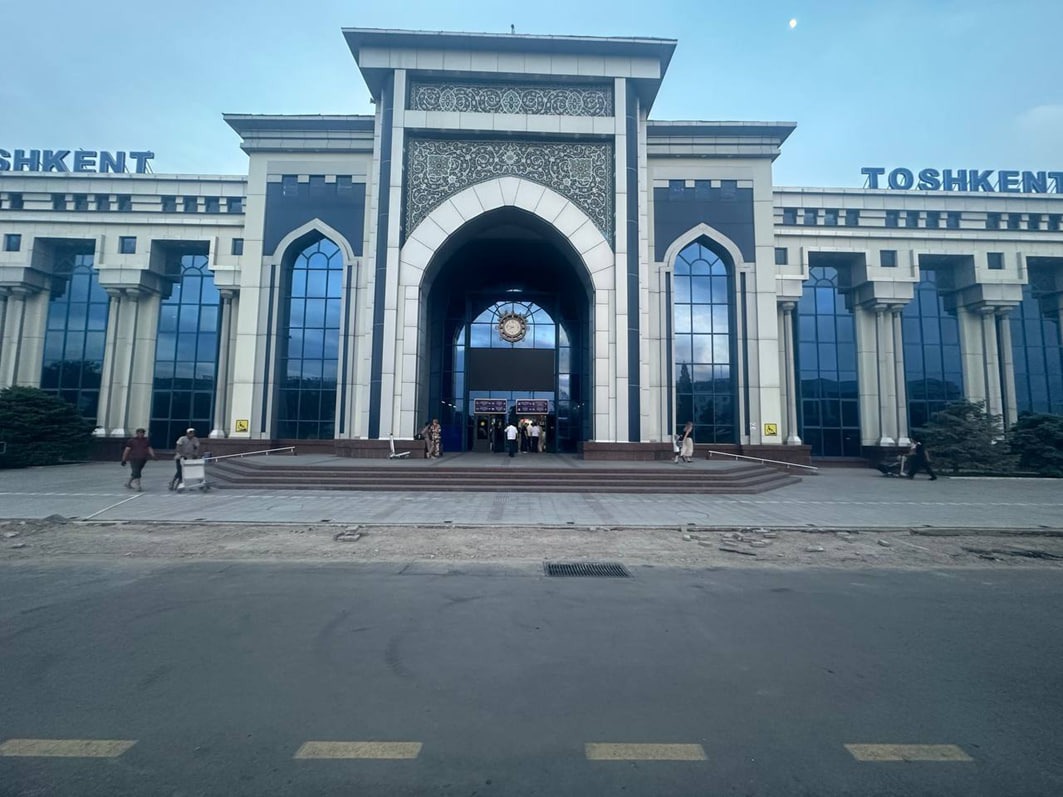
On May 27, 2025, during a government meeting, a presidential directive led to a decision: all metal fences surrounding Uzbekistan’s railway stations must be removed. Within just 12 days, barriers ranging from 200 to 350 meters were dismantled around 23 different stations.
Reconstruction and beautification works have now begun, and infrastructure is being upgraded to allow vehicles better access to the stations. This is certainly a welcome move. But…

Why did it take this long?
The fences were first installed in 2011 under the pretext of improving security. But over the course of 14 years, they not only failed to meaningfully enhance safety — they also transformed railway stations into restricted areas for ticket holders only.
For people simply looking to see off or welcome loved ones, the station became a closed, uncomfortable space — a fortress behind bars. This was especially burdensome for elderly people, women with children, and travelers unfamiliar with the area.
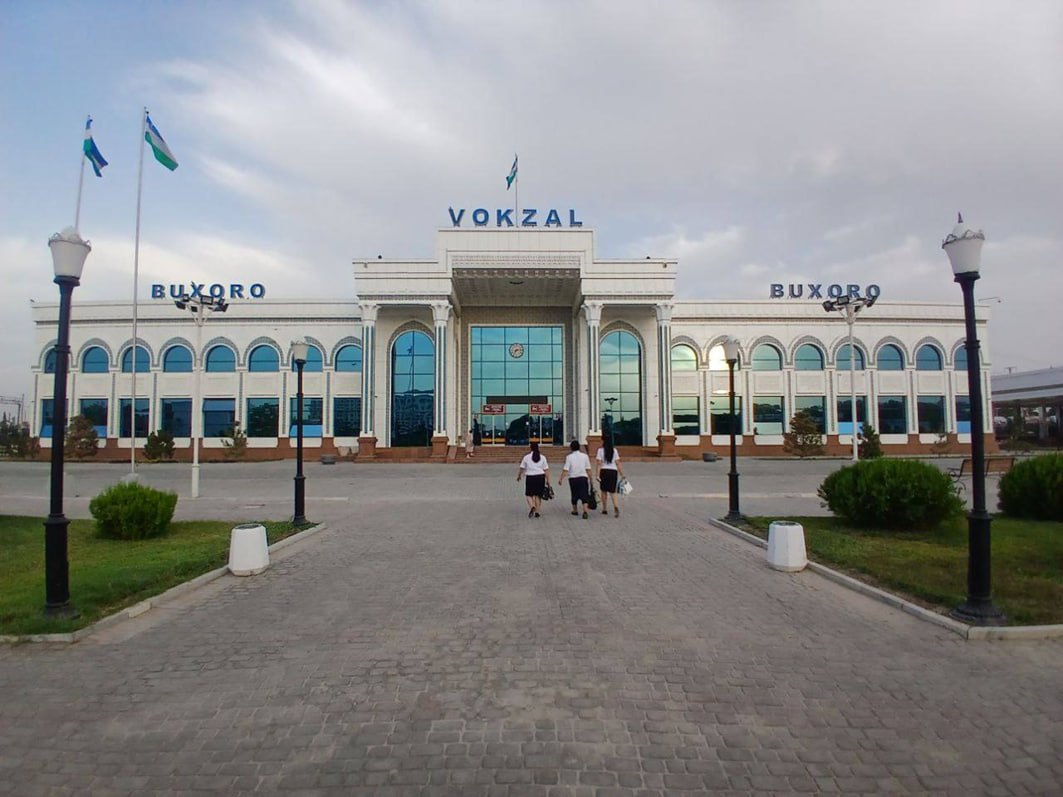
The paradox
Ironically, no developed country fences off its railway stations. In countries like Russia, Turkey, Germany, Japan — or even neighboring Kazakhstan — stations are central, open, and integrated into urban life. In contrast, Uzbekistan’s approach felt outdated and disconnected. Kun.uz previously investigated this issue in depth.
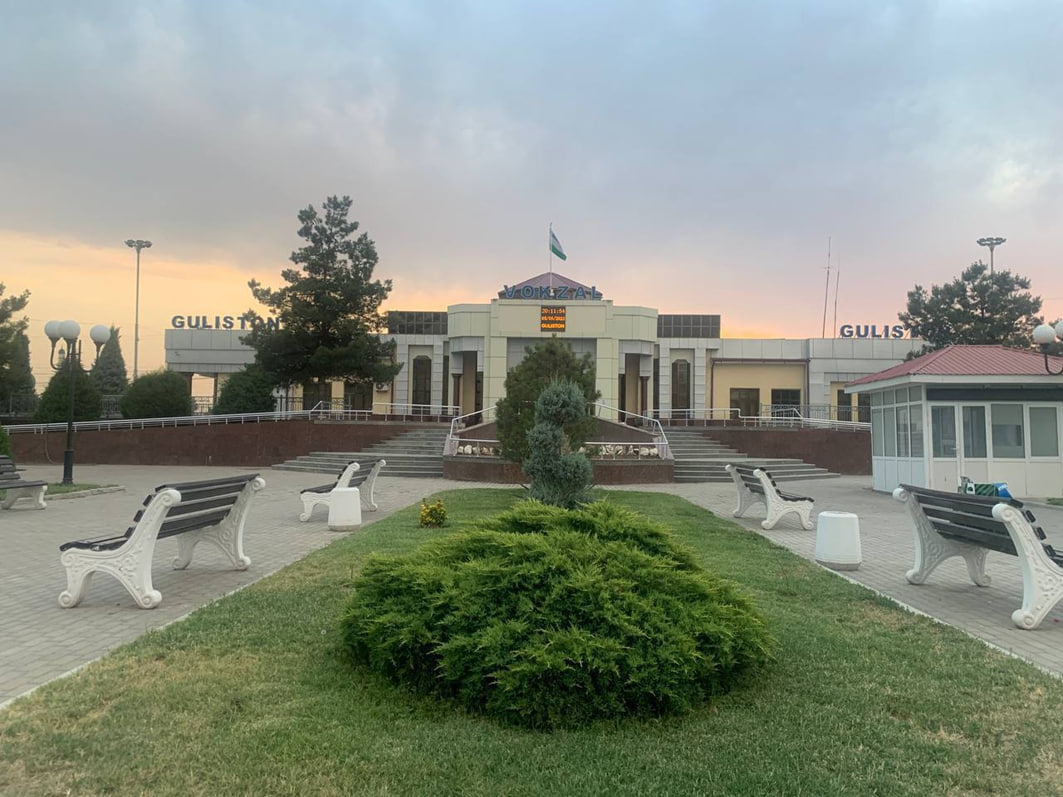
A good decision, but still no systemic thinking
The current move should be welcomed — stations without fences, open to people and accessible by vehicle, are a clear improvement. It creates opportunities for businesses and improves service quality. But waiting for a presidential directive to fix an obvious issue reflects a systemic weakness.
The removal of fences isn’t just about scrapping iron structures. It’s a symbolic step toward narrowing the distance between citizens and the state — and a small but meaningful move in the direction of an open civil society.
Related News
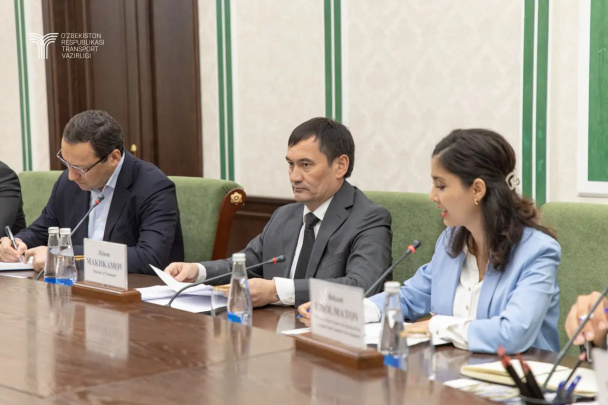
12:41 / 25.07.2025
Tashkent and Tbilisi discuss transport links and Middle Corridor cooperation

12:40 / 23.07.2025
Uzbekistan’s State Security Service chief meets Taliban Defense Minister in Kabul

20:57 / 22.07.2025
Uzbekistan, Hungary expand dialogue on counterterrorism and public safety
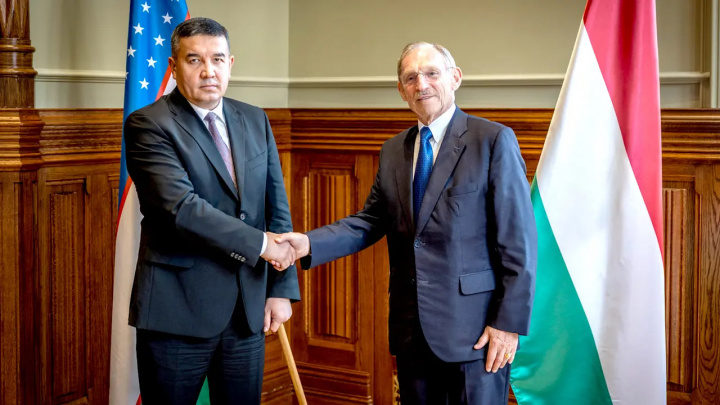
16:40 / 21.07.2025



